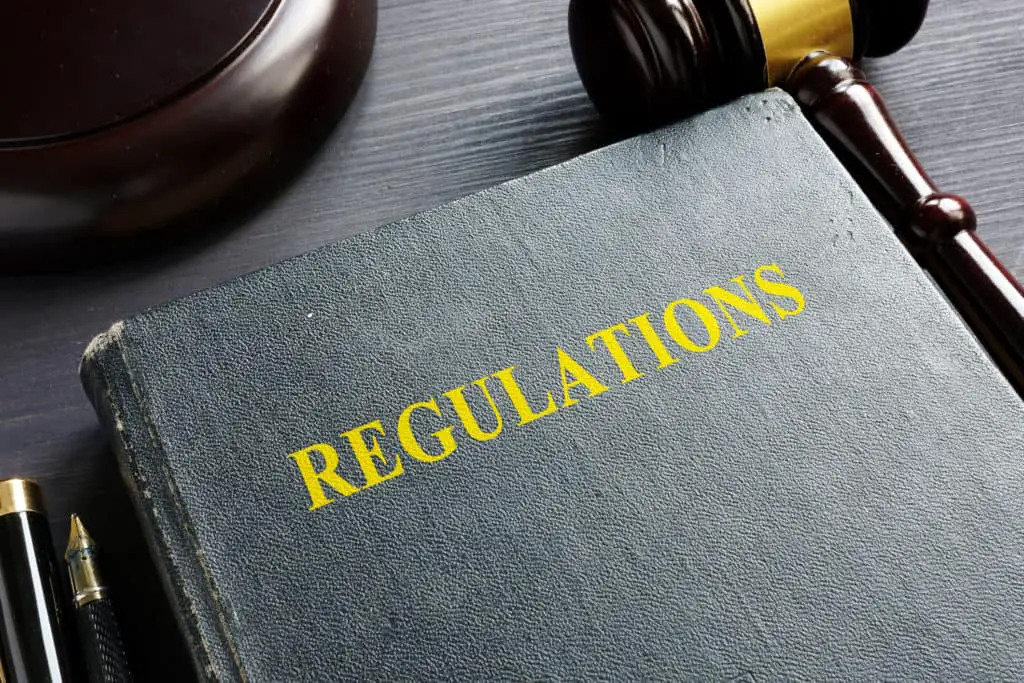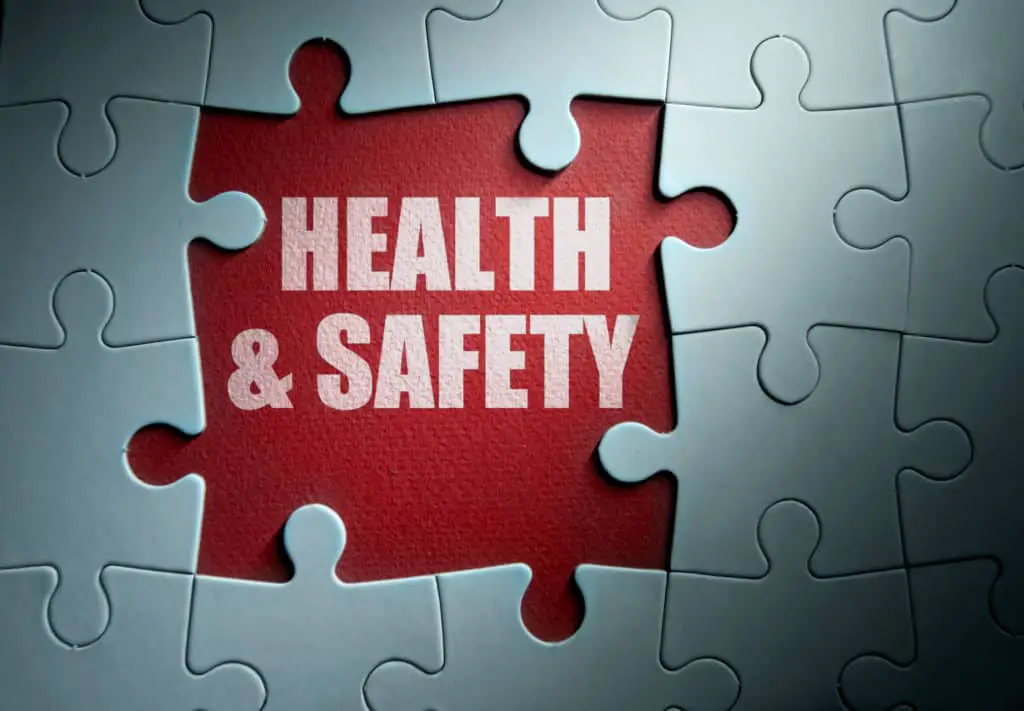As electricians, we come to know the electricity at work regs very well. Everything we do must comply with these much talked about and very in-depth guidelines. Don’t worry if it all seems a bit much at first, when starting out everyone feels, shall we say, ‘bamboozled’ when trying to wrap their head around what it all means.
This post is a brief answer to the question, what are the electricity at work regulations, written in simple plain English. Whilst this short post won’t make you a qualified electrician overnight, it should at least provide a foundation to build upon.

What Are The UK Electricity At Work Regulations?
The UK Electricity at Work Regulations were initiated under the Health and Safety at Work Act 1974. The regulations provide guidance on the safest methods of installing, working and living with electrical systems.
As part of the Electricity at Work Regulations, specific duties were given to employers to verify and ensure that employees are in safe working environments and have the appropriate training and knowledge to complete a job safely and correctly.
The primary purpose of electricity regulations is to prevent any form of injury or fatality that can be controlled within normal circumstances and situations. Working around electricity poses many threats and risks for injury and death if sites are not safe, secure, or properly set up.
Explosions, electric shock, and burns are a few examples of the very serious safety risks that electricity can present.
The general duties of the EAWR include the safety of all electrical systems, verifying the strength and capability of electrical equipment, marking and avoiding hazardous environments, and checking insulation.
Other duties are to check the integrity of the conductors, double-check all connections, install and provide appropriate means for protection from excess currents, give the correct tools for cutting off supply, adequately marking dead and live equipment, conductors, wires, and lines, providing necessary workspace, lighting, and competent employees.
Each duty and regulation have specifications to ensure employees, employers, and self-employed individuals follow the steps needed to protect the safety and health of all those involved in the job and project.
Should there be an injury or death believed to be directly related to an electrical job, it is up to the technician to prove all steps had been taken to avoid any potential risks and create a safe and hazard-free environment.
To comply with the Electricity at Work Regulations (EAWR), proper documentation must be on file, including inspections and testing records. Training documentation, electrical authorizations, documented work activities, and a list of employees are also expected to be easily accessible to maintain operational status.
The regulations cover thirteen main areas to ensure safety and general health. While it is the employer’s responsibility to ensure the electrical systems, equipment, and conditions are safe, there are duties assigned to employees.
Do Electricity At Work Regulations Apply To Everyone?

Every employee, employer, and self-employed person must follow the Electricity at Work Regulations. Anyone who works in, on, or co-operates with another individual or business must do everything possible within their control to provide and maintain a safe workplace.
Electrical safety is mandatory, and regulations are the foundation to keep everyone in check.
Each regulation is vital for the success of the job. The reputation of the people working on the project and the company hired to do the work also has a role in following regulations. There is not a single regulation that can be risked being overlooked or skipped.
If one mistake was to be made, results could be catastrophic, or the time to complete the job could be extended due to having to restart or find a fix for what was done wrong the first time.
Why Do We Have Electricity At Work Regulations?
The purpose of the Electricity at Work Regulations (EAWR) is to prevent death or injury to those who work with electricity. It is the employer’s responsibility to protect the employee, the employee’s responsibility to protect themselves and their coworkers.
It is also critical to maintain safety precautions for everyone from the general public to residents and guests or people just passing by worksites.
Preventing avoidable and unnecessary danger is a vital component of enforced EAWR. Regulations that started more than forty years ago are essential to the communities being worked in, have saved many lives to date, and have prevented a significant number of personal injuries.
What Happens If You Break The Electricity At Work Regulations?
If an employer or employee is non-compliant with the EAWR, they will have penalties to face.
As of February 2016, the penalties have become stiffer for those found guilty of breaking any Electricity at Work Regulations, emphasizing putting employees at risk. Along with higher fines reaching upwards of £10 million, imprisonment is a likely sentence for severe violations.
The increase in fines and prison time is to promote and encourage regulation compliance for safety and health reasons. By following the EAWR, the number of work and electricity-related accidents in the workplace is expected to reduce significantly.
Larger businesses will be fined higher amounts, but smaller companies can be sentenced to pay equal charges depending on the severity of the violation. Suppose any company director or employee is aware of a regulation violation or breach and is later found guilty. In that case, a custodial sentence of six months to eighteen months can be imposed.
Final Thoughts
Whilst electricity has become essential in today’s modern world it is also extremely dangerous. The electricity at work regulations are there to protect everyone from the business owner at the top of the tree to the lowest level employee.
By everyone working together and following the most up to date regulations fatalities and serious injuries have been dramatically reduced. Everyone going home to their loved ones at the end of the day is the most important aspect of any job which makes safety the number one consideration at all times.

